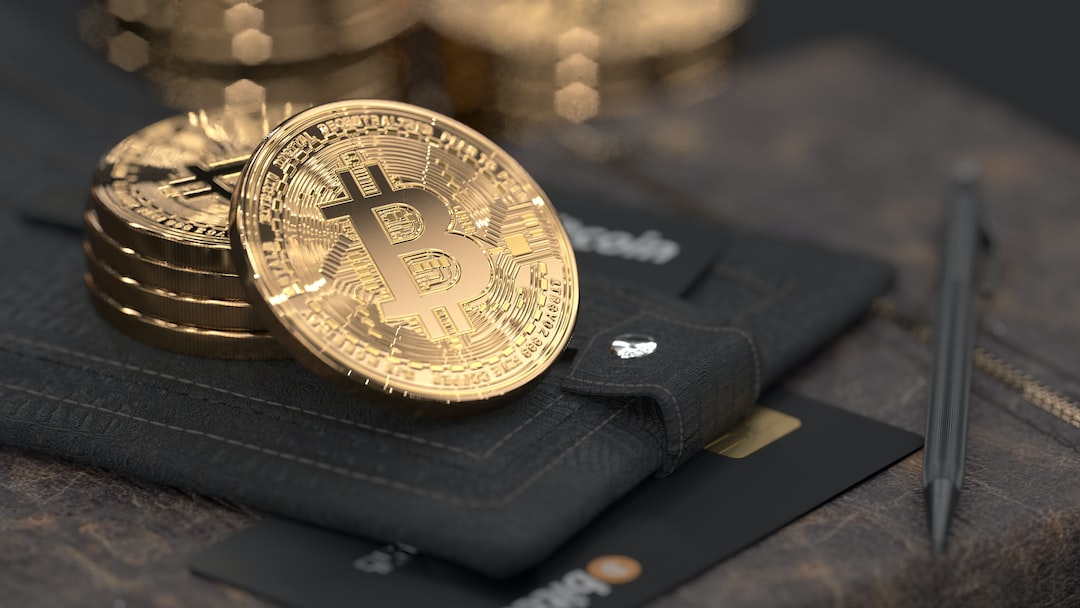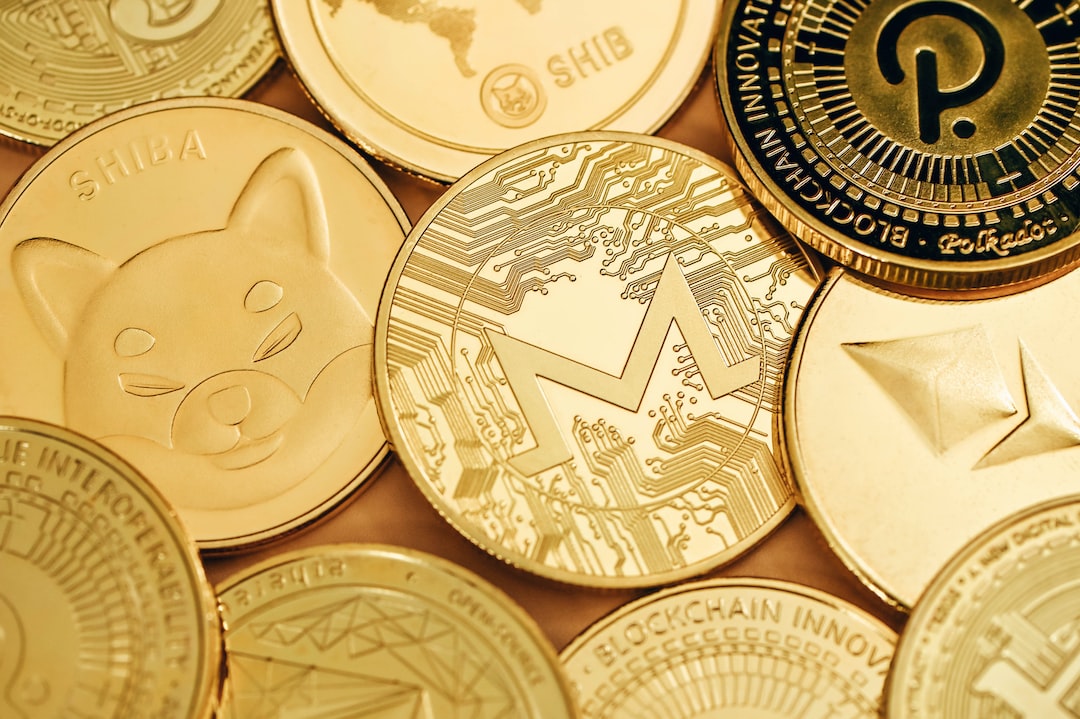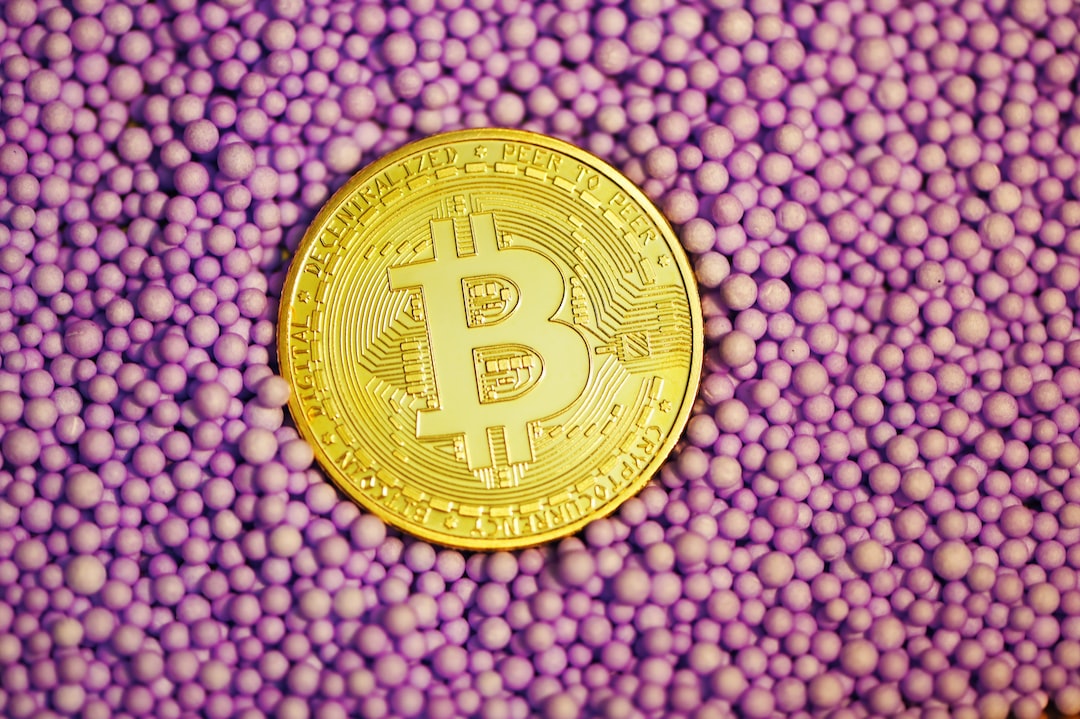South Korean Debt Collectors Seize Crypto in Insolvency Cases
In South Korea, debt collectors are now able to seize cryptocurrencies in insolvency cases and may soon have even more power to confiscate coins. The Korea Deposit Insurance Corporation (KDIC), operating under the Financial Services Commission (FSC), has started seizing cryptoassets for the first time this year. The KDIC is involved in public and private insolvency cases and intervenes when bankrupt individuals and firms are unable to repay depositors. It also provides deposit insurance programs for businesses of all sizes.
Data Reveals Crypto Holdings in Insolvency Cases
The KDIC submitted data to MP Kim Han-gyu, revealing that it identified crypto holdings in 29 insolvency cases in the first half of 2023. In 16 of these cases, the debt collection agency completed seizure measures, confiscating over $7,400 worth of coins. This move follows recent regulatory changes that allow the KDIC to request data from banks working with domestic crypto exchanges. Previously, the KDIC could only issue such requests to traditional financial companies.
Crypto Enables Hiding Funds in Insolvency Cases
Firms and individuals in insolvency cases were able to “hide” funds by trading them for crypto and holding them in exchange wallets. However, since September 2021, exchanges operating in the fiat won market are legally required to link customer wallets to real-name and social security number-verified domestic bank accounts, eliminating anonymous trading on domestic platforms.
Potential Expansion of Power for Debt Collectors
The KDIC may gain even more power in the future as lawmakers have proposed a bill in the National Assembly that would grant investigators the right to demand customer data from crypto exchanges. This is seen as necessary as methods of hiding assets become more sophisticated. As a result, the quantity of cryptoassets seized in insolvency cases is expected to increase as KDIC officers gain more experience in crypto collection.
Hot Take: South Korea’s Restrictive Crypto Policies
Critics argue that South Korea’s crypto policies are becoming increasingly restrictive, especially when compared to its economic rival Japan, which is looking to deregulate. While the KDIC’s ability to seize cryptoassets in insolvency cases aims to protect depositors and ensure accountability, it also raises concerns about the potential misuse of power and infringements on individuals’ privacy. Striking a balance between regulation and innovation will be crucial for South Korea as it navigates the evolving landscape of cryptocurrencies.





 By
By
 By
By
 By
By
 By
By
 By
By